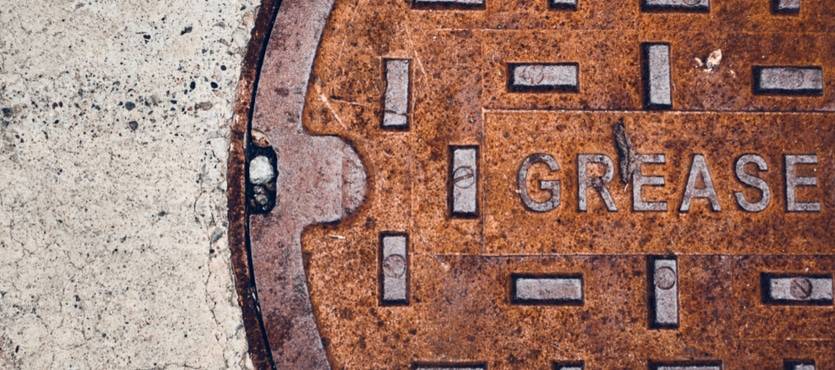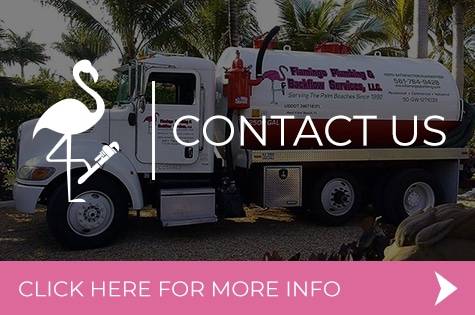In the U.S. alone there are more than half a million commercial kitchens in the food services industry. As each restaurant prepares food, it generates food waste, debris, and liquid waste in the form of fats, oils, and grease (also known as FOG waste). These waste products when not properly handled can cause water overflows, clogs, and other plumbing problems which can result in serious problems. Not only can the waste harm the environment, devastating natural water resources and causing water problems for entire communities. Handling waste with a grease trap that is properly cleaned and taken care of can prevent FOG and other waste materials from causing problems in your kitchen and potentially in the main sewage system of your locality.
Understanding Your Grease Trap
Grease trap technology dates back nearly 150 years.
You may know all about your grease trap, but just in case, let’s review. Your grease trap’s job is to collect the FOG waste from wastewater and keep it out of the main sewer system. When working properly and cleaned regularly, your grease trap prevents odors, pests infestation, drain blockage, and other plumbing problems.
Grease traps use basic chemistry principles (water is heavier than fats, oil, and grease, which means it floats on top of water) to get the job done. The grease trap is attached to the sewer pipe and is designed to separate the greasy waste form the water waste. As it all flows through the grease trap, the flow is reduced and the layers are separated, trapped within the grease trap as water passes through to the sewer main.
Grease Traps in Commercial Kitchens
While grease traps aren’t required in homes, they are required in commercial kitchens due to the volume of waste from cooking. Grease traps benefit commercial kitchens by keeping sewer lines in excellent shape, free from clogs, and incompliance with health codes across the United States. Grease traps must be cleaned and inspected regularly according to your area’s local health codes. Regular maintenance can ensure your grease trap is functioning efficiently.
Keeping your grease trap clean prevents FOG waste from creating a foul smell in your kitchen and dining room and disrupting your restaurant’s business. Regular cleaning also keeps blockages from happening, especially those which might damage your line and cause backups and overflows resulting in costly damage. Appropriate maintenance of your commercial kitchen’s grease trap can save you from citations, fines, and potential suspension or revocation of your business license by your local health authorities.
Cleaning Your Commercial Grease Trap
Many restaurateurs want to know how often to clean their kitchen’s grease trap, but the answer depends on how much waste the restaurant produces. It is best to clean your grease trap periodically to avoid the need for emergency cleaning. For most commercial kitchens, this means cleaning every one to three months, but again it varies based on the type of restaurant and how much waste is produced. The best response is to schedule regular cleaning with a licensed plumber to ensure your kitchen meets health code and avoids unwanted plumbing issues. Grease trap cleaning should be performed by an experienced professional plumber to ensure proper cleaning and maintenance.
Call on Flamingo Plumbing for Expert Assistance with Your Grease Trap
Call on Flamingo Plumbing & Backflow for all your plumbing needs. Our expert technicians are available 24/7/365 for grease trap cleaning as well as repairs, upgrades, and plumbing emergencies.






